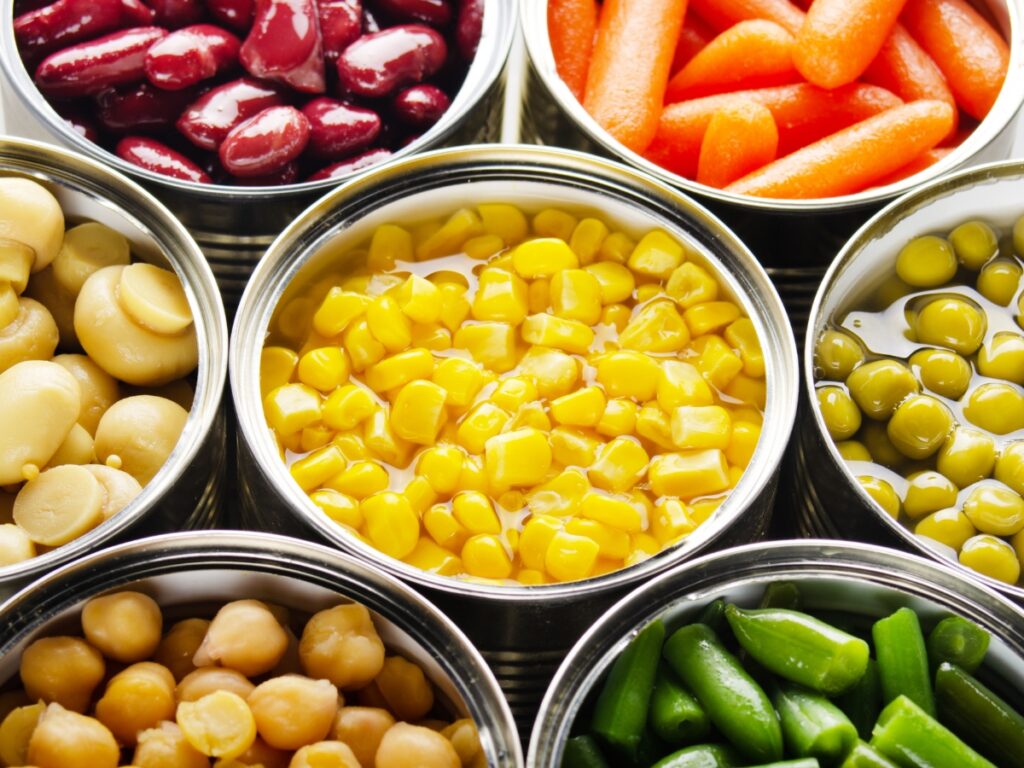By: Elizabeth Varga, SMAA Meals on Wheels Dietician
A common misconception is that all canned foods are bad. This comes from the idea that they contain too much salt or don’t have many nutrients after processing. This isn’t necessarily the case! Canned foods, especially fruits and vegetables, still contain many nutrients even after processing. These foods are often picked and canned at peak freshness, ensuring they have the best flavor and nutrient content. The canning process does use heat to get rid of harmful bacteria and this may decrease some water-soluble vitamins like Vitamin C and B, but there are still many health benefits. Canned foods are convenient and affordable, making them a great choice to increase intake of fruits and vegetables without worrying about spoilage.
How to choose the best canned foods
-
- When choosing canned fruits, try to pick options that are canned in water rather than juice or syrup. This will reduce the amount of added sugars.
- Choose canned vegetables or soups without added salt. These will say “no salt added” or “low sodium.” This does not mean they are salt-free. Look for canned goods that have less than 140 mg of sodium to be considered ‘low sodium”. Draining canned beans or rinsing them can reduce the salt as well.
- Avoid cans with dents, cracks, or leaks. Damage can allow air to enter making the perfect environment for bacteria. We want our canned goods to last a long time!
Canned goods that help meet nutritional needs
-
- Fiber: black beans and pears
- Magnesium: spinach and lima beans
- Iron: kidney beans and tuna
- Vitamin A: carrots and apricots
- Calcium: white beans and salmon

